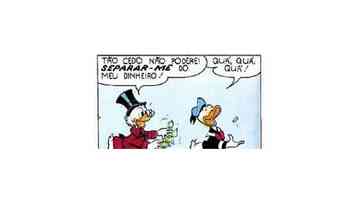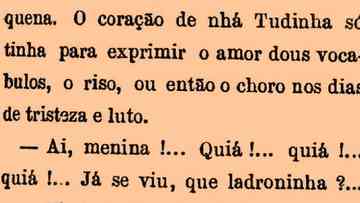kkk, cá-cá, quiá quiá and きゃっきゃっ and some other coincidences in language
In my Japanese studies I’ve stumbled upon the きゃっきゃっ (kya-kya) onomatopoeia, which represents playful, laughter of children.
In Brazilian Portuguese we usually laugh with KKK (which sometimes evokes fear in the Anglo word due the pointy hat association). It’s a corruption of “quá quá quá” used in comics, it came into shape in the 90s and 2000s with the Internet and its tendency to abbreviate things. Mostly (I believe) an influence from the English language and its many acronyms.

Looking into it a little bit more, I found that the first use of “quiá quiá quiá”" dates back to the 19th century (in Portuguese): Como nasceu o KKKKKKKK da geração Z e por que emoji de risada é coisa de gente velha - Tecnologia - Estado de Minas.

The coincidence is that きゃっきゃっ (kya kya) and quiá quiá have very similar pronunciations, and somewhat similar meanings. Although in Portuguese it means a hearty laugh (for all genders), in Japanese it’s more related to high-pitched voiced people, like children.
It’s also fun how 草 came to mean laughter in internet Japanese. Long story short, 笑う (warau) means “to laugh”, www is like “warau warau warau”, and since a bunch of w’s resemble grass (www), the grass kanji 草 (kusa) is sometimes used.
Speaking of linguistical coincidences, English speakers also point how よ (yo), the sentence ending particle of emphasis, somewhat resembles the American gangster speak interjection yo:
For example, encouraging someone to try something:
- This is good, yo!
- これいいよ! (kore ii yo!)
Although I personally think it’s a very superficial similarity, since the Japanese version is much more powerful.
Another case is the also Japanese ending particle ね (ne) and the Portuguese “né”". Both look for a kind of approval (although sometimes rhetorical):
For example, imagine two people trying out some food:
- Gostoso, né? (Tasty, right?)
- 美味しいね? (oishii ne?)
Although Portuguese had some influence in Japan, special with some food related vocabulary, to me, this is another example of pure coincidence.
以上です。